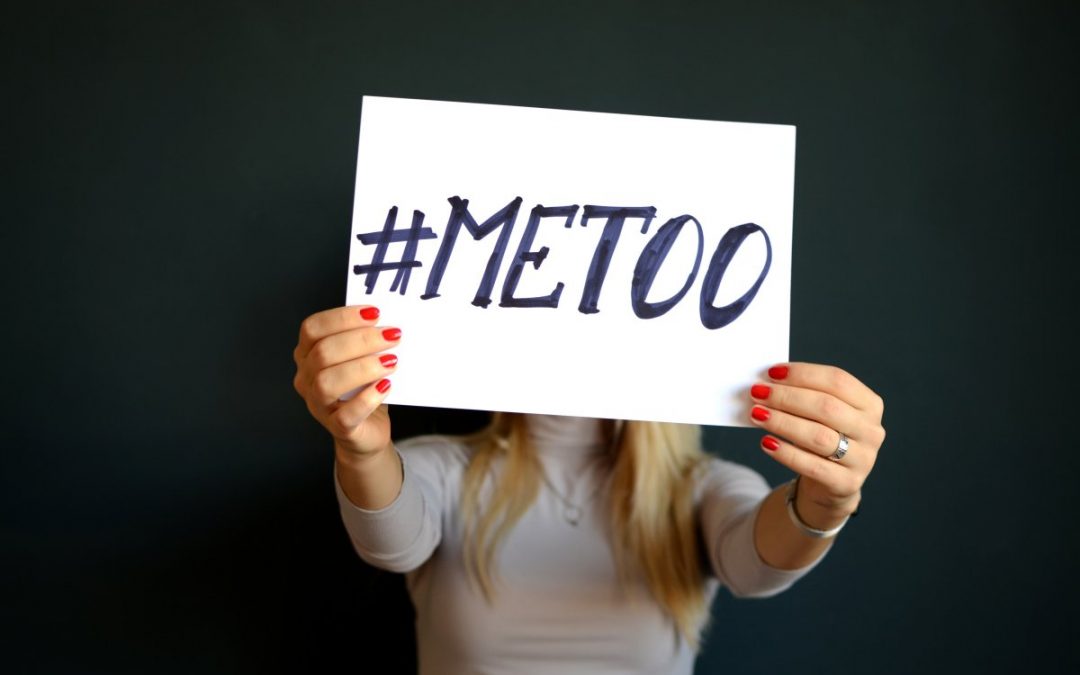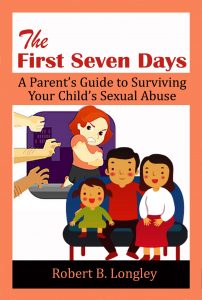There’s Too Many Abuse Reports
The number of sexual abuse reports has grown dramatically over the past few years. Most people think that this is a rise in sexual abuse, or that people are lying about sexual abuse because this can’t possibly be true. The reality is that in the past only about 15% of all sexual abuse is reported (ever). For some this is the day it happens, for others it is 30 years after the event. Many times victims wait until the person is dead. Most people have an artificial perception of reality because in the past, sexual abuse was not something that was talked about. The translation for some people is that all these new reports must be lies. It’s also a protective belief because we want to believe that we live in a safe world.
The reality is that victims are seeing other victims come forward and talk about their story. There is strengths in numbers and so more people come forward to share their abuse. It’s not that the amount of abuse has changed, but people are finally finding they can talk about it. Parents still tell their kids to not talk to strangers, but when it comes to sexual abuse, it’s usually people they know all too well.
The reality of Lying about Sexual Abuse
Lying about sexual abuse is actually relatively rare, but more likely to happen with teenagers than other age groups. It can actually go both ways. They may lie that it did happen, and they may lie that it didn’t.
In cases where they lie about something not happening, they are usually trying to preserve a relationship. Incest in particular doesn’t just hurt one person, it destroys families. Or maybe a student is having a relationship with a teacher and he/she doesn’t want them to get into trouble. If the abuse is happening in a competitive situation, they may be worried about their career based on who the abuser is, or how it would perceived. And in a lot of cases, the victim has been led to believe that they would be blamed or not believed.
In cases where they lie about something happening when it didn’t, this is usually about getting attention or getting back at someone. It’s also a way to control a situation. “Give me an A or I’ll tell people you …” There may be other psychological things going on in these cases as well. Parents in custody battles will also sometime coach their children to say things that influence the outcome. It’s an effective tactic because regardless of whether it is true or not, it will always be out there and people will wonder and treat the accused differently.
Hiding in Plain Sight
In general people don’t want others to know that they have been sexually abused, unless they know it’s happening to other people or they are worried that is going to happen to someone else. Often it’s a friend or a younger sister that they want to protect.
Statistically, young children don’t lie about sexual abuse. Claims should always be verified by a forensic interviewer, but when a child reports abuse, the assumption should be that they are telling the truth. The estimate is that false claims of sexual abuse overall are between 2 and 10 percent. Unfortunately even these statistics are skewed because they generally include cases where there is insufficient evidence to prosecute a sexual abuse claim. For children under 10, the number is less than 1 percent. The reality overall is that truly false claims are probably less than 3 percent. Unfortunately we will probably have to wait a few decades for a scientific study to find the correct number. Meanwhile the number of reports continues to grow.
#MeToo
MeToo is clearly not about lying. It’s about mutual support for victims to feel comfortable coming forward with their abuse experiences. A family member of ours recently disclosed abuse that happened over 50 years ago. It’s the first time she has ever talked about it. This is true for many women (and men) whether their abuse happened last week or in the last century. People often wonder why people wait decades to discuss their abuse. Here’s some of the typical reasons:
- We didn’t talk about those things in my day
- No one would be believe me because of who it was
- I was scared
- I didn’t want it to be true
- If I don’t talk about it I don’t need to think about it
- I blocked it out until I became an adult and then didn’t know what to do with it
- It would have destroyed my family
- My father would have killed him and gone to jail
- I couldn’t prove it
- Everyone knew we were dating
- I was drunk
- Everyone thought I was a slut anyway
- Boys don’t talk about being raped
- Insert your reason here
Maybe Not
Unfortunately #MeToo also brings in a new dimension in potential false sexual abuse claims. Most people in MeToo are victims that find the courage to come forward because someone else did it first. Certain people will see this as an opportunity to get attention because others who have come forward are getting attention. Again, this is rare, but it happens enough that it can cast dispersion on legitimate cases of abuse.
Claims aside, the reality of sexual abuse is epidemic. Every 98 seconds, an American is sexually assaulted. However, only 6 out of every 1,000 perpetrators will end up in prison. One out of every 10 rape victims are male, meaning the other nine are women. We need to step back from trying to label who is telling the truth and who isn’t and focus on the size of the problem. People who lie about abuse might get their 15 seconds of fame, but in the long run the problem is just to big to be dismissed by the actions of a few people with questionable motives.
Sources:
National Sexual Violence Resource Center http://www.nsvrc.org/sites/default/files/publications_nsvrc_factsheet_media-packet_statistics-about-sexual-violence_0.pdf
The Conversation
http://theconversation.com/heres-the-truth-about-false-accusations-of-sexual-violence-88049
RAINN
https://www.rainn.org/statistics/victims-sexual-violence
Let us know if we can help you dealing with your family’s sexual abuse situation. For ideas to get started please check out our book on what to do during the early days after disclosure.

